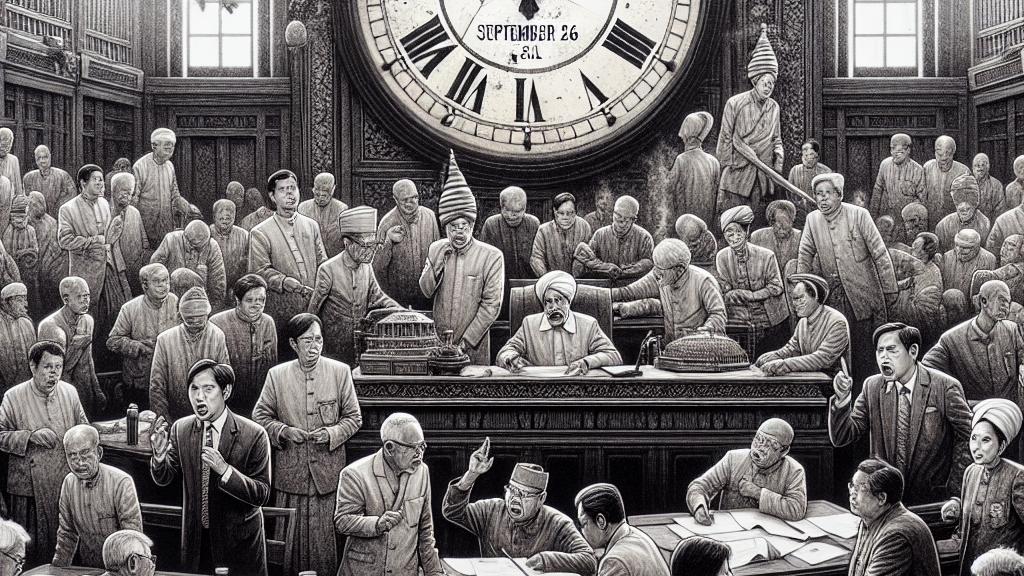Bangkok's Parliamentary Debate on Amnesty Bill for Lese Majeste Offenders
Overview
- Critical parliamentary debate on an amnesty bill for Section 112 offenders is approaching.
- Committee members are divided into three distinct opinions regarding lese majeste laws.
- Widespread concerns are emerging about the effects of such laws on freedom of expression.

Context of the Debate
In Bangkok, a significant moment is on the horizon as parliament gears up to debate an amnesty bill targeting offenders of Section 112, known widely as the lese majeste law. This law carries a notorious reputation for imposing harsh penalties on anyone accused of insulting the monarchy. The urgency is palpable as a special committee, having worked tirelessly for over a month to finalize the bill, prepares to present its findings. However, delays in parliamentary proceedings have pushed back the discussion date to September 26, intensifying the attention from various groups, both for and against the proposed changes.
Diverse Opinions on the Bill
As the date approaches, the debate showcases a mosaic of opinions within the committee, with members aligning themselves into three notable camps. One faction staunchly believes that offences against the monarchy should be excluded from the amnesty, fearing that such leniency might erode societal respect for the institution. Conversely, another group advocates for a more progressive stance, arguing that forgiveness should extend to all offenders, promoting a culture of reconciliation. Meanwhile, a third viewpoint suggests carefully defined conditions for including lese majeste offences in the bill. This spectrum of beliefs not only reflects differing legal perspectives but also highlights the intricate relationships between Thai society, its government, and its revered monarchy.
Wider Implications for Free Speech
The implications of the lese majeste law resonate deeply within Thailand and across Southeast Asia, where the threat to free speech looms large. Critics of the law increasingly warn that its enforcement stifles public discourse and quashes dissent, with many activists paying a steep price for their bravery. For example, recent cases illustrate that individuals have faced imprisonment simply for voicing personal views in private conversations about the monarchy, a chilling demonstration of how far-reaching the law's impact can be. This struggle reflects a broader battle against authoritarian rule, where laws designed to protect the monarchy often serve to silence criticism. Ultimately, the conversation surrounding the amnesty bill is not merely administrative; it is a pivotal chapter in the ongoing fight for democratic freedoms and human rights within Thailand.

Loading...